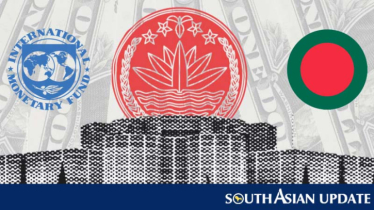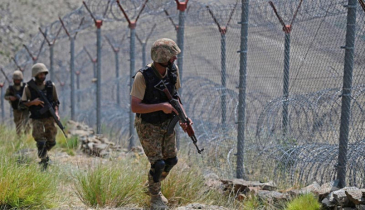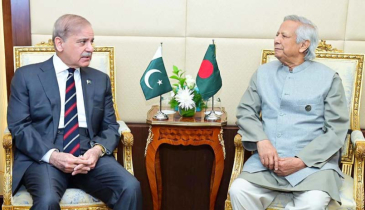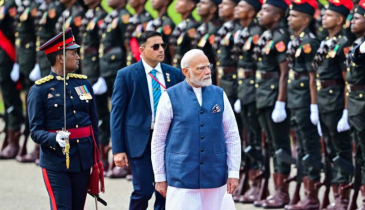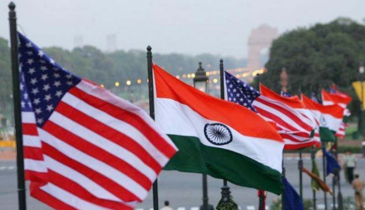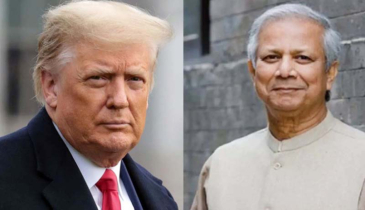India-Pakistan rivalry drives South Asia diplomatic reshuffle
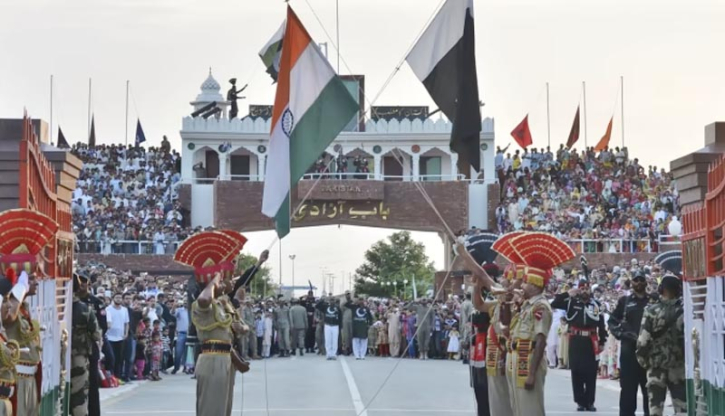
The decades-old rivalry between India and Pakistan continues to redefine geopolitical alignments in South Asia, with New Delhi deepening ties to Afghanistan’s Taliban regime and Islamabad fostering closer relations with Bangladesh’s current government. This realignment reflects the enduring influence of the region’s most contentious bilateral relationship on broader diplomatic strategies.
Since their tumultuous partition in 1947 following British colonial rule, the nuclear-armed neighbors have engaged in multiple wars, sustaining deep mutual distrust that continues to influence regional politics.
Tensions flared anew in January when India denied accusations by Pakistan of conducting covert operations to assassinate militants on Pakistani soil. Indian Foreign Ministry spokesperson Randhir Jaiswal dismissed the claims, stating, 'You can’t have snakes in your backyard and expect them to only bite your neighbors.'
Afghanistan-Pakistan relations have also deteriorated since the Taliban’s 2021 return to power. Islamabad alleges that Taliban authorities have not curbed militant groups operating from Afghan territory, which it claims have killed thousands of Pakistani security personnel. Escalating hostilities culminated in Pakistani airstrikes along the Afghan border in December, triggering reciprocal cross-border clashes.
Despite stark ideological contrasts—India’s Hindu nationalist governance under Prime Minister Narendra Modi clashes with the Taliban’s rigid Islamic rule—New Delhi has pragmatically sought to expand its influence in Afghanistan.
In January, India’s senior diplomat Vikram Misri held unprecedented talks in Dubai with Taliban Foreign Minister Mawlawi Amir Khan Muttaqi, marking India’s highest-level engagement with the group. Jaiswal emphasized India’s commitment to 'strengthen our longstanding relationship with the Afghan people,' including leveraging its $370 million investment in Iran’s Chabahar port to facilitate trade with landlocked Afghanistan.
Chabahar’s strategic location, west of Pakistan’s Gwadar port—a flagship project of China’s Belt and Road Initiative—underscores India’s efforts to counterbalance Beijing’s growing regional footprint. While India and China have recently eased diplomatic strains, competition for influence in South Asia persists.
Meanwhile, Pakistan and Bangladesh—once united until their bloody 1971 split, after which Bangladesh aligned closely with India—are now signaling a diplomatic reset. Islamabad has actively sought warmer ties with Dhaka’s current leadership.
.png)



